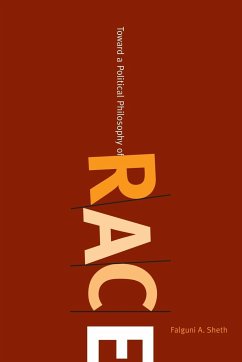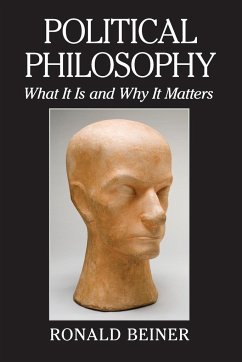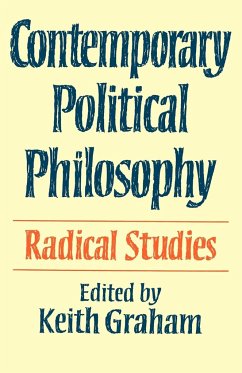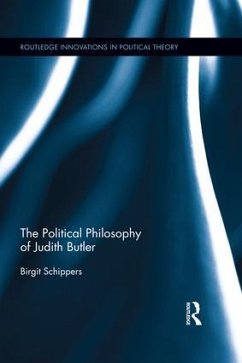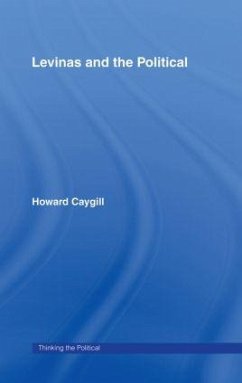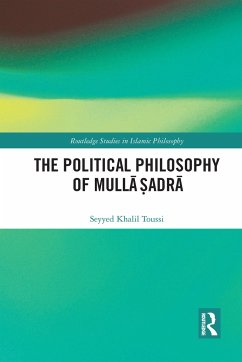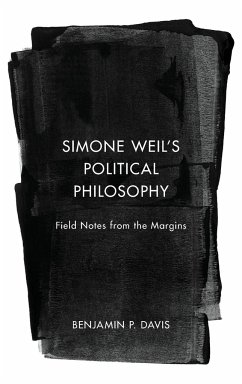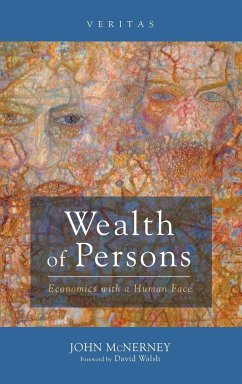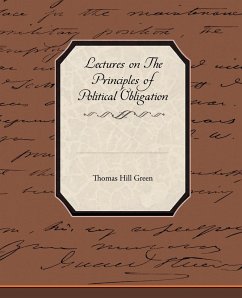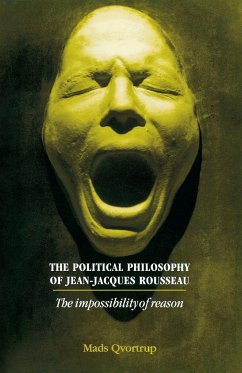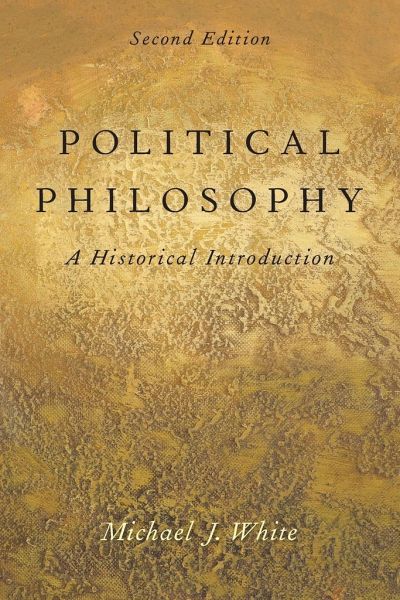
Political Philosophy
An Historical Introduction

PAYBACK Punkte
28 °P sammeln!
This historical survey of political philosophy explores the theme of how political philosophy relates to the nature of man. It illustrates how great political thinkers have always grounded their political thought in what the author terms a 'normative anthropology', which typically has not only ethical but also metaphysical or theological components.




